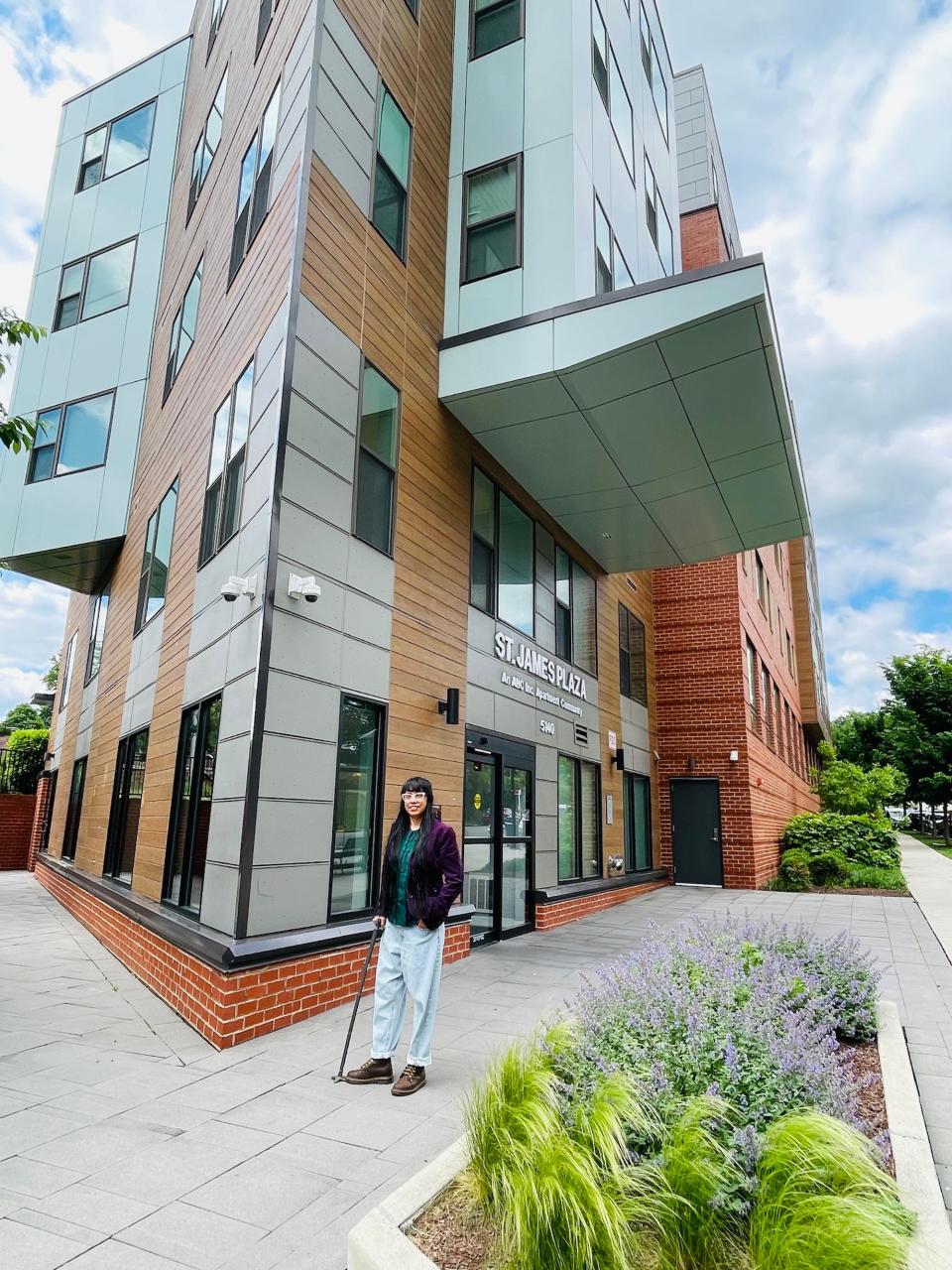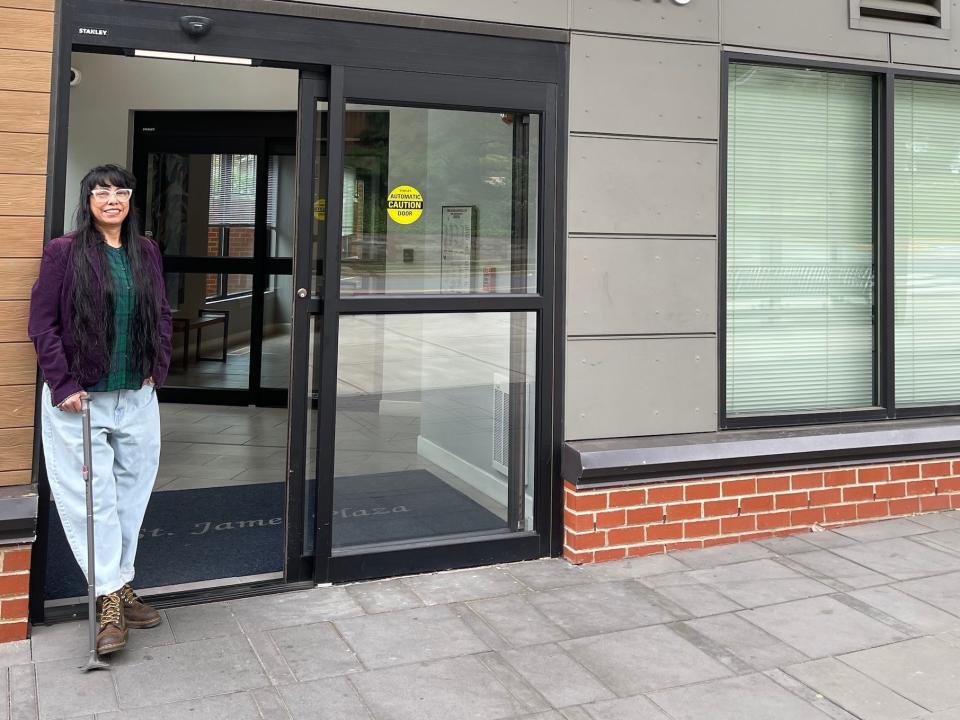I live in one of the most expensive US cities for just $1.5K a month. Nonprofit housing stopped me being priced out.
Úrsula Alvarado, a 52-year-old Peruvian-American artist, lost her home when she got divorced.
She moved into a studio, but was quickly priced out of Alexandria, Virginia.
She applied to a nonprofit community and now pays $1,500 a month for a two-bed apartment.
This as-told-to essay is based on a conversation with Úrsula Alvarado, a 52-year-old Peruvian-American artist who lives in Alexandria, Virginia.
The following has been edited for length and clarity.
In 2016, I had just divorced my husband of 30 years and was forced to live at a friend's place. I was homeless.
My friend told me I could stay at hers indefinitely until I got back on my feet. But I felt frustrated because I didn't know where to go.
Coming from Peru, and as an immigrant, I wanted to pursue the American dream. For that, I needed to become independent and live in my own place.
My divorce hit me hard
When I came to the US for the first time in 2011, I arrived without knowing anything. I came here with a lot of excitement, but it didn't quite work out. I endured almost six years of bad marriage.
It was a marriage of over 30 years. He came to the United States first. I left my art business in Peru to be with him.
In 2016, I got a divorce. It was very hard. I had to leave his house. I eventually moved into a tiny studio apartment in Alexandria that cost me $1,700 a month.
The only requirement was to pay three months' rent upfront, so I took it.
But rent started going up by $100 each time landlords renewed the tenancy agreement. I felt financially and emotionally affected.
My daughter and I felt deprived of privacy, so we decided to move out. But we couldn't find anything. We were priced out of the city.
A friend told me: "Why don't you apply for housing with Affordable Homes & Communities?"
I went, and the building manager at the time told me that she was going to put me on the waiting list because there were so many people waiting to rent.
I was on the applicant's list for about eight months. They eventually called me.
I was very excited. I fell in love with the building structure. I loved it.

The moment I walked in, I felt like I was in paradise.
I have two rooms, a bathroom, and a small kitchen. It's not big, but I have more room for myself, and I wanted my daughter to have some privacy.
We'd just come out of a difficult situation. We wanted something for ourselves.
But what I fell in love with when they opened the door were the windows and the light.
I am an artist. It's the perfect place to paint, with pine trees outside my window changing colors every season, a school outside the building, and Latino shops.
I realized it was the perfect place for me when the pandemic hit. All the residents and I were like in a freezer for almost two years of confinement.
My distraction was the windows and painting — watching the seasons and the weather change.

I am only paying $1,500 a month in a city where the average rent is at least $2,100, and my rent has never gone up.
There are weekly meetings with all the neighbors, including Paul Bernard, president and CEO of AHC since 2022, so we can express our concerns.
This, for me, is very valuable.
One imagines that a partly government-funded building must be neglected and full of people with poor living conditions. This one is not.
Once, an Uber driver asked me, '"Oh, do you live here?" He was stunned that I was living in one of the country's most expensive cities.
Now, when I think back to that time with my husband, the words he said that made me feel so small have made me stronger.
I felt fear, I felt very lonely. Not anymore.
Correction: June 27, 2024 — An earlier version of this story misstated the year Paul Bernard became president and CEO of AHC. It is 2022, not 1965.
Read the original article on Business Insider


